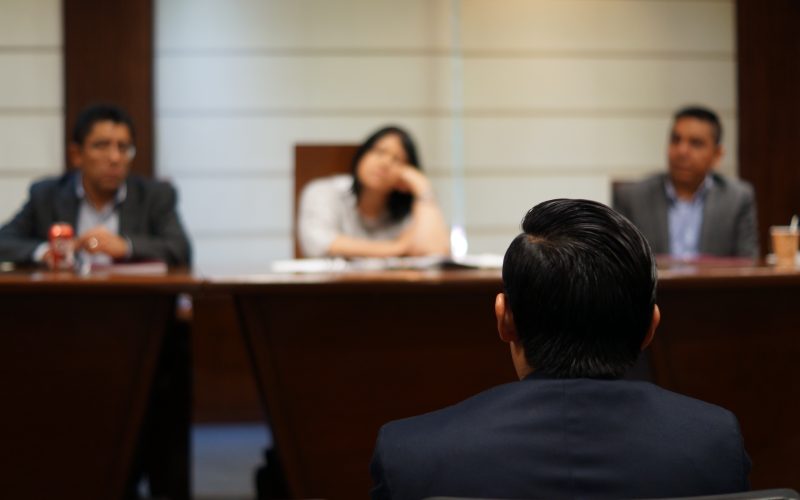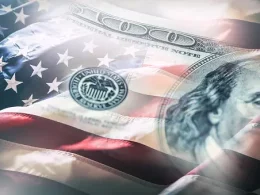In recent years, the relationship between the West and China has been a hot topic of discussion. From diplomatic negotiations to trade deals, this complex relationship is constantly evolving. As two major players in the global economy, their interactions have far-reaching consequences for businesses and individuals alike. In this blog post, we’ll take a closer look at the history of China-West relations, examine current tensions and collaborations, and speculate on what the future may hold for these powerful nations. So buckle up as we embark on an insightful journey through this dynamic partnership!
The History of China-West Relations
The relationship between China and the West can be traced back to ancient times. However, in modern history, interactions between these two regions have been marked by conflict and cooperation.
In the 19th century, European powers sought to establish control over Chinese territories through imperialism. This led to a series of wars including the Opium Wars and Boxer Rebellion which severely weakened China’s economy and political power.
Following World War II, relations improved as China aligned with the Soviet Union during the Cold War era. In 1972, President Nixon visited China in a groundbreaking move that signaled renewed diplomatic ties with the West.
Since then, trade has become a major driving force behind relations between China and Western countries such as the United States. However, issues such as human rights violations and intellectual property theft continue to strain this partnership.
The history of China-West relations is complex and multifaceted. As we move forward into an increasingly interconnected world economy, it will be fascinating to see how this dynamic relationship evolves in years to come.
The Current Relationship between the West and China
The current relationship between the West and China can be described as tense and complicated. With ongoing issues such as trade disputes, intellectual property theft, and human rights concerns in Xinjiang and Hong Kong, tensions have been escalating over the past few years.
The COVID-19 pandemic has further strained relations between China and the West with accusations of mishandling at early stages. In response to this situation, many countries have voiced their concerns about dependence on Chinese supply chains which were highlighted during lockdowns around the world.
Moreover, there is also a growing divide between Western democracies and China’s authoritarian government. This difference in political ideologies has led to increased scrutiny over technology companies such as Huawei due to fears of potential espionage activities.
As a result of these conflicts, many Western nations are reevaluating their relationships with China. Some countries are taking measures such as implementing tariffs or banning certain products while others seek closer diplomatic ties with Taiwan amidst rising tension across the Taiwan Strait.
It is clear that the current relationship between the West and China is complex with multiple layers of conflict including trade disputes, ideological differences and geopolitical tensions that continue to shape global politics today.
The Future of China-West Relations
As we look towards the future of China-West relations, it is vital to acknowledge that this complex relationship remains unpredictable. While some may argue that increased economic interdependence and globalization will inevitably lead to a harmonious partnership between China and the West, others are less certain.
One potential future scenario is one of deepening economic ties but heightened political tensions. As China continues to rise as a global superpower, it is possible that Western nations will increasingly view it as a threat – particularly if China continues its current trend of investing heavily in strategic industries such as technology and infrastructure.
Another possibility is greater cooperation between the East and West on issues such as climate change or international security. Whatever happens, however, it seems clear that both sides must remain committed to dialogue and diplomacy if they hope to navigate these delicate waters successfully.
Ultimately, only time will tell what direction China-West relations take in the coming years. However, by remaining open-minded and willing to engage with one another in good faith, there may still be room for positive developments going forward.
Conclusion
The relationship between China and the West is complex and multi-faceted. It has evolved over centuries, from early contacts between Europe and China to today’s globalized world where trade is a major source of interaction. Despite occasional tensions over issues such as human rights, intellectual property theft, or territorial disputes in the South China Sea, both sides recognize that they need each other for mutual economic benefit.
However, there are also challenges ahead. As China becomes more assertive on the world stage and seeks to expand its influence in Asia and beyond through initiatives like the Belt and Road Initiative or Huawei’s 5G technology, some Western countries may see this as a threat to their own interests. On the other hand, some Chinese officials view Western criticisms of their country’s political system or values as an attempt at containment.
Therefore, it is important for both sides to engage in constructive dialogue based on mutual respect and understanding. This requires addressing not only economic issues but also broader strategic concerns related to regional security or global governance reform. At stake is not just one bilateral relationship but the stability of the international system itself.
Ultimately, whether China-West relations will be characterized by cooperation or competition depends on how well both parties manage their differences while pursuing common goals. Only time will tell if diplomacy can overcome trade tensions and geopolitical rivalries – but one thing is clear: there are no easy answers when it comes to this complex relationship.












